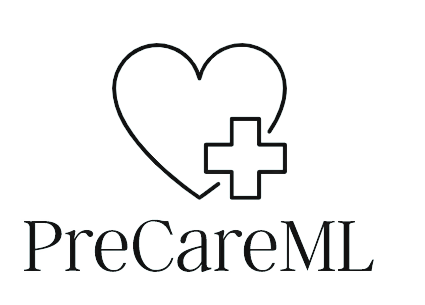

Cardiovascular disease is the leading cause of death worldwide. Underlying atherosclerosis and ensuing conditions such as myocardial infarction, ischemic heart disease and stroke cause tremendous morbidity, mortality and economic loss. Early identification of patients at high risk for such clinical events enables preventive actions. The use of machine learning (ML) for risk prediction can outperform traditional risk scores. Although many ML models have been developed over the last years, validation is rare. We do not yet know how models perform in different clinical settings or populations. Furthermore, as models use numerous and diverse predictors, it is hard to transfer models to other health systems.
Recently, we developed risk prediction models for major adverse cardiovascular events and progression of kidney disease. However, the models lack external validation, hindering implementation in different clinical contexts and limiting generalizability.